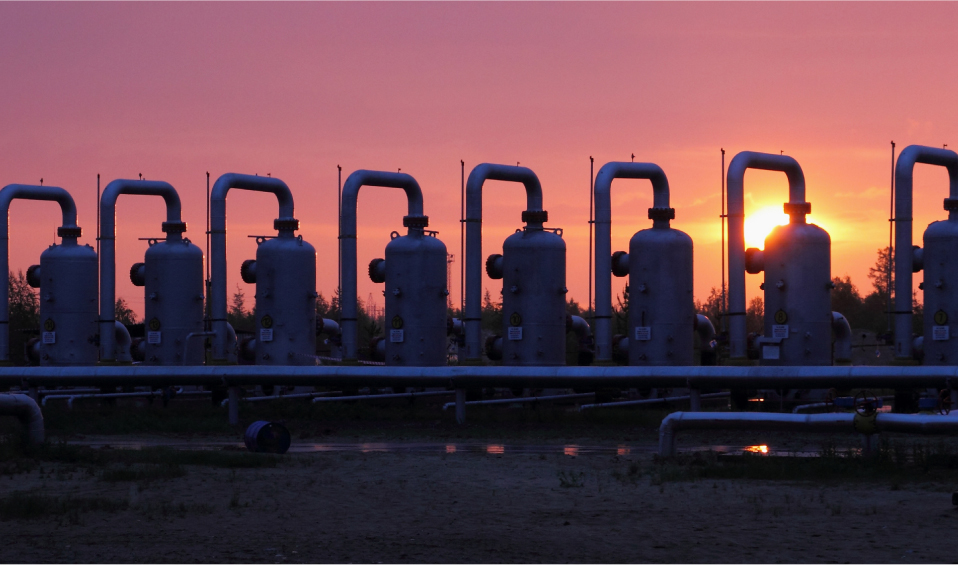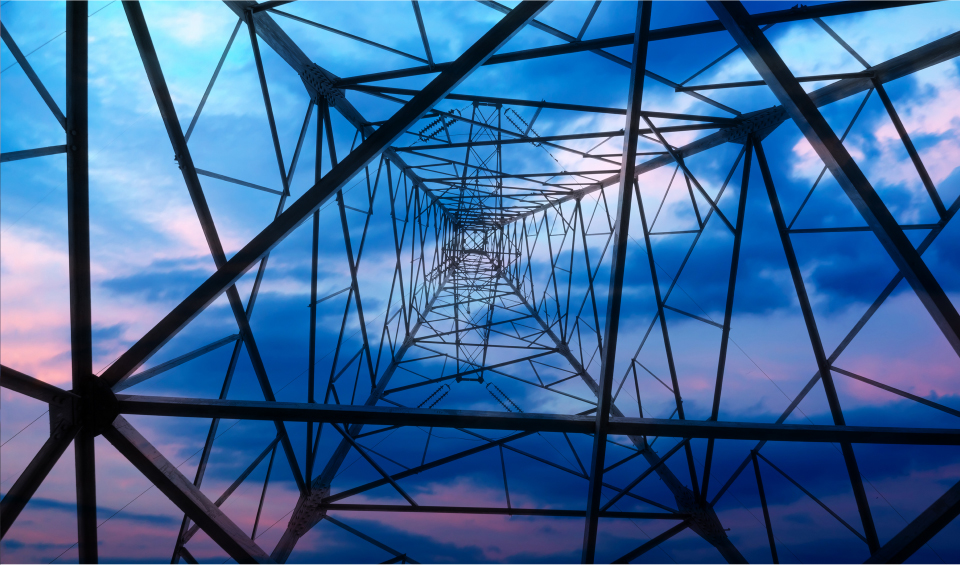
Thanks to ESCP Business School's Energy Management Centre wide network in the academic and business communities, our views on energy news give you comprehensive insight into energy issues.
Please join us...
Part 2: Social Impacts and Implications
Last month, I posted the first of a few articles that will consider the responsible integration of renewable and nuclear generation to foster economic, social, and security improvements. The first article can be found here. In this second article, I wanted to shift towards the positive social implications from expanding generation assets in a responsible manner to support not just the aforementioned economic development but also long-term social benefits.
For developing countries (especially in Africa and Asia), central planning organizations have the perfect opportunity to develop long-range plans for key infrastructure expansion (notably in the energy sector) while simultaneously improving the quality of life for their citizens. Creating an effective long-term and fiscally responsible diversified energy plan using wind, solar, hydro, and nuclear power can help improve their social and education systems and support their development needs with the latest technology advances driving modern life in the 21st century.




527 Finchley Road
London NW3 7BG
United Kingdom
Tel: +44 (0)20 7443 8800
Fax: +44 (0)20 7443 8845
E-mail: [email protected]










